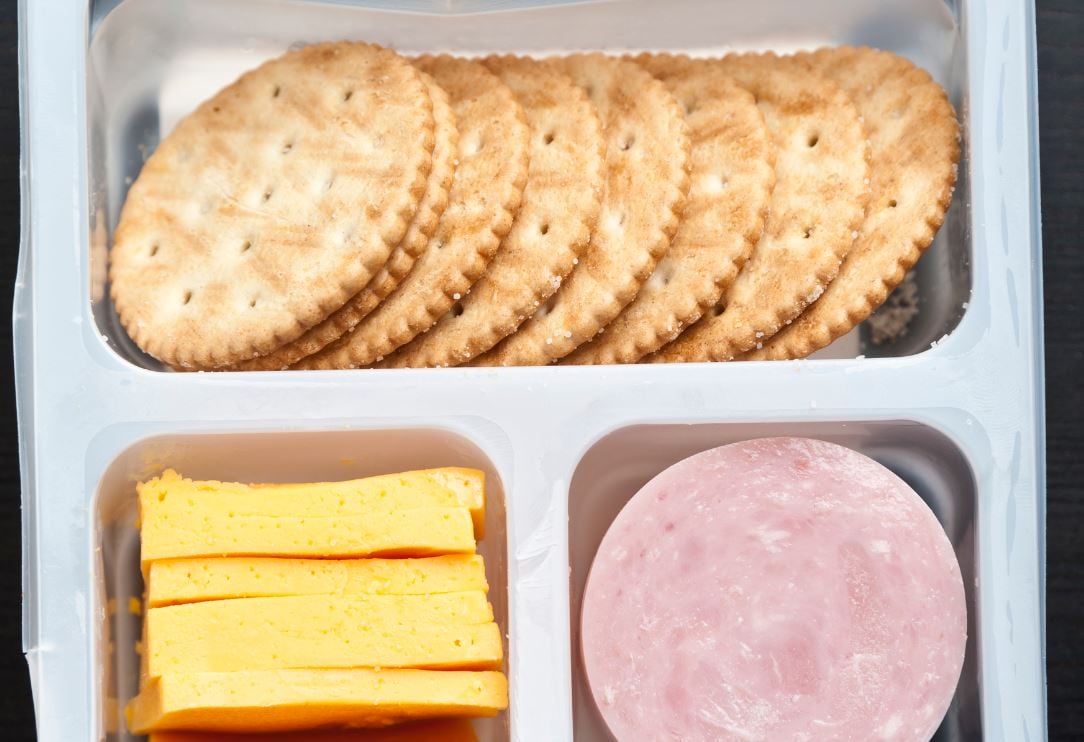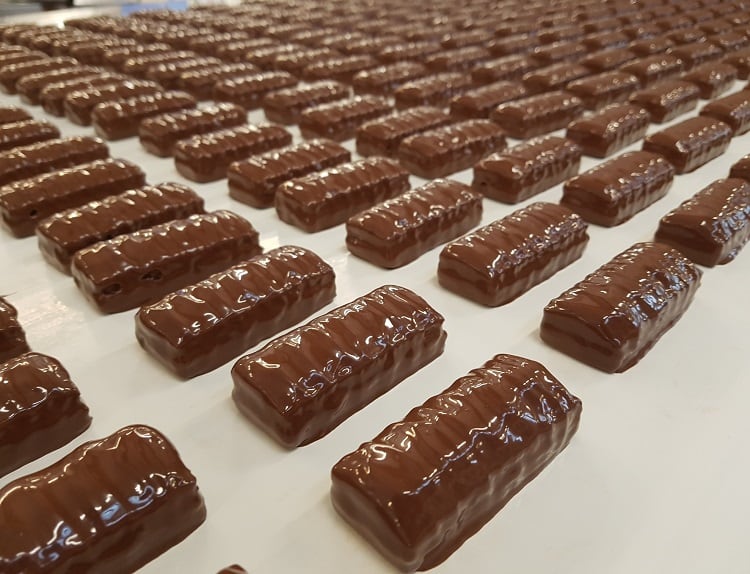Lunchables sales would take a long time to stabilise after the negative “and false” concerns over lead contamination, “which have lingered among parents who are worried about the impact to their kids”, US investment bank TD Cowen said in a Kraft Heinz Company update.
Kraft Heinz would reverse the sales hit first by implementing a growth plan to coincide with the “critical" upcoming back-to-school period, and then a series of product innovation.
Kraft Heinz Lunchables innovation
“We’re activating partnerships with kid-loved brands, featuring sweepstakes and on-pack branding across top-selling Lunchables products,” a spokesperson told FoodNavigator.
“Our most recent partnership drove double-digit growth on the featured items,” they continued. “In October, we’re also launching a first-to-market innovation the category hasn’t seen before.”
The contamination claim occurred in spring, but Kraft Heinz maintained lead levels detected by the interest group fell below established safety standards, “indicating minimal risk”.
“Lead is not an ingredient in Lunchables. Lead can be present at low levels in many common foods like grains, fruits and vegetables as it is often found in soil and water where those crops grow,” said the spokesperson.
Lunchables lead claims
“The mere presence of small amounts of lead doesn’t equate to harm or make a food less wholesome. To put things into perspective, a vegetable like spinach can contain more lead than what was reportedly found in Lunchables products.”
Meanwhile, a snacking platform of its own was not a priority for Kraft Heinz, the business said in anticipation of Mars’s $36bn acquisition of Pringles maker and snack giant Kellanova, formerly the Kellogg Company, last week. While admiring the strategic footprint and scale of Kellanova in emerging markets, it would instead focus on building its organic strategy.
Kraft Heinz Company also maintained it had no acquisition plans of its own.




